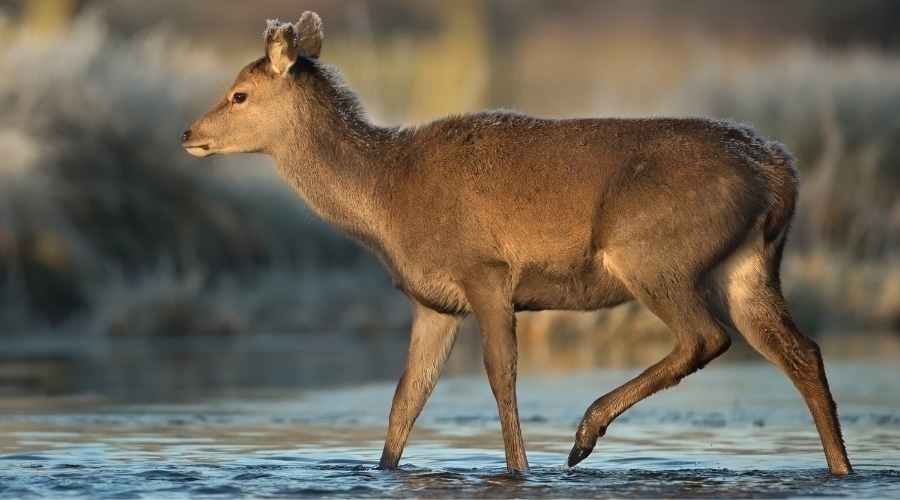
Important information for deer managers in Scotland
Three key changes will come into force later this year for deer managers in Scotland.
Get information on the legal shooting season for mammals and birds in the UK.
Learn about our current conservation projects and how you can get involved.
Comprehensive information and advice from our specialist firearms team.
Everything you need to know about shotgun, rifle and airgun ammunition.
Find our up-to-date information, advice and links to government resources.
Everything you need to know on firearms law and licensing.
All the latest news and advice on general licences and how they affect you.
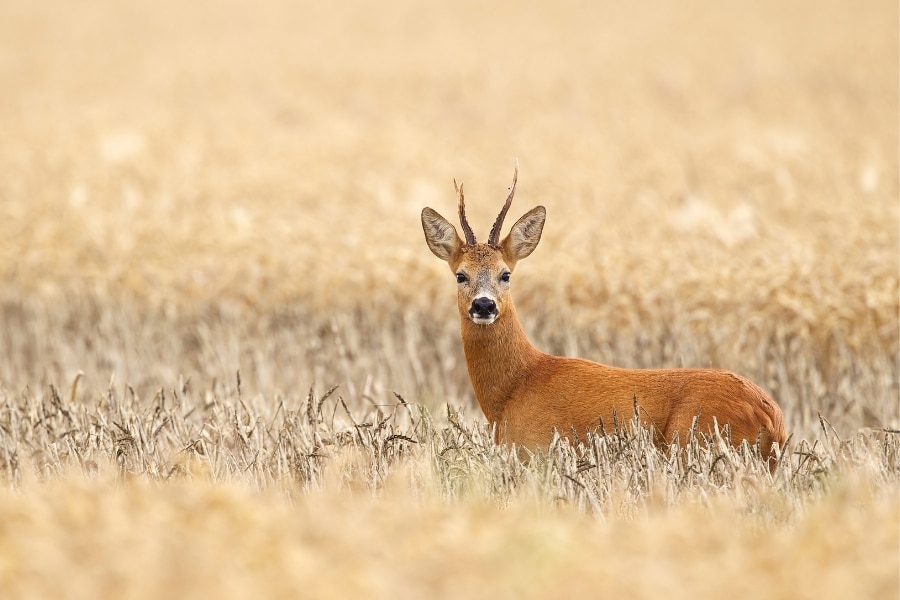
Applications opened this week for the British Quality Wild Venison (BQWV) standard, in a drive to build resilience and buyer confidence in the wild venison market.
The BQWV is the first quality assurance scheme for wild venison produced in England, Wales and Northern Ireland. It ensures that a set of audited standards are met throughout the supply chain process.
Applications are open to both producers (deer stalkers and managers) and processors (Approved Game Handling Establishments (AGHEs)).
The BQWV seeks to further strengthen the resilience of the wild venison market, increase buyer confidence and support woodland management by addressing the problems posed by a large deer population.
The scheme is aimed at those producing and dealing with large quantities of venison and will include annual assessments, with applicants required to demonstrate compliance with the standards.
Welcoming the launch of the standard, BASC’s head of deer and woodland management, Martin Edwards, said: “BASC has worked alongside other stakeholders to get this standard to the start line. As has already been seen in Scotland with the Scottish Quality Wild Venison standard, this version has the capability to bolster confidence in the wild venison market leading to stability and expansion.
“With retailers increasing the demand for quality assured wild venison at the top of the market, producers should feel the benefit of helping the deer management sector at the start of the chain.
“No-one will be expecting overnight change, but the standard has the potential to open doors and see wild venison reach its full potential. BASC will be pushing uptake of BQWV at each step within the market.”
To learn more about the standard and to apply, visit the BQWV website here.
Within the BQWV standard, BASC has created a group scheme to help reduce the costs and administrative burden on deer stalkers and managers. The scheme is aimed at those shooting up to 300 deer per year.
Martin explains: “In order to make the standard as accessible as possible, BASC has created a group scheme that will keep the administration and costs as low as possible.
“The scheme will open the door to a new market for those larger producers who manage a significant proportion of the UK deer population.”
At the launch of the BQWV standard, Defra Minister Trudy Harrison said: “We must develop ways to manage deer more sustainably if we are to meet our tree-planting targets and protect our precious woodlands and biodiversity. This announcement is an important step towards achieving that aim and creating a thriving market for British wild venison.”
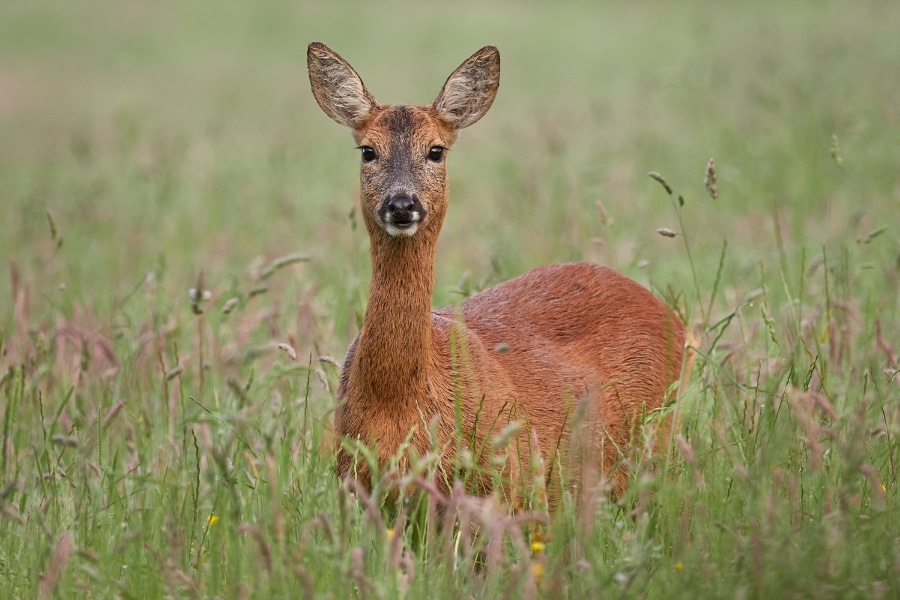
Who is the BQWV standard aimed at?
The standard is aimed at producers (deer stalkers) and processors (AGHEs). The standard is optional so producers should speak to their AGHE to see if they are signed up and to find out whether it is a worthwhile investment for them to join, too.
What are the benefits of joining the BQWV standard as a producer?
The standard will not necessary fit everyone’s deer management situation. But for those handling a large number of deer carcasses, the creation of a higher standard will ensure contracts are kept and, in time, a higher price per carcass is returned.
Take-up across the sector will improve traceability of wild venison and ensure a set of standards are met throughout the supply chain process, from point of shot through to the end of the processing chain.
Do I have to join if I want to sell venison to a game dealer?
No, most game dealers will continue to purchase carcasses from those who are not signed up to the BQWV but which are still produced at an extremely high standard and have a marketplace of their own.
Where can I find the standards? For more information, please visit the BQWV website.
What will be required of me if I joined the scheme?
To be awarded the BQWV standard, applicants must demonstrate compliance. This includes ensuring that carcasses are handled correctly; the use of non-lead ammunition; that premises are registered as food businesses with the local authority; and that standards expected for producing food are met, in line with relevant regulations and best practice, ensuring that there is full traceability.
How does the group scheme work?
The group scheme is aimed at producers (deer stalkers) shooting up to 300 deer per year. The standards are the same and you will be inspected once a year, but the costs are reduced, with BASC undertaking much of the administrative work on behalf of members.

Three key changes will come into force later this year for deer managers in Scotland.
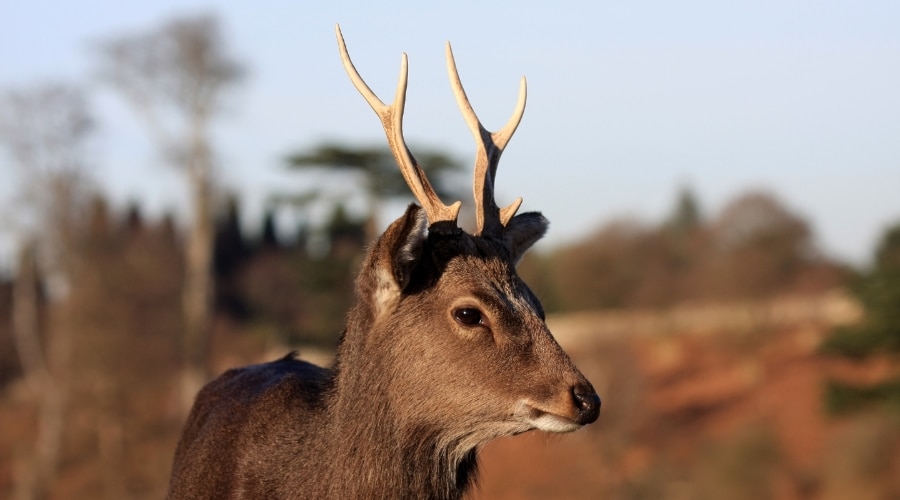
BASC has added to its portfolio of deer stalking opportunities for members with the opening of a new scheme in Lancashire.
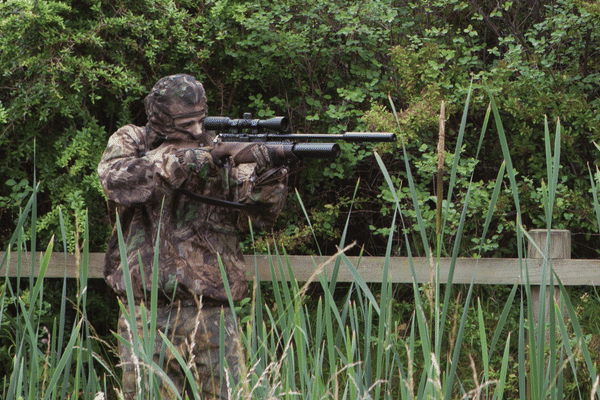
Autumn might mark the start of the game shooting season for many, but we’re fortunate to have a variety of shooting types on offer to us in the UK.
Sign up to our weekly newsletter and get all the latest updates straight to your inbox.
© 2023 British Association for Shooting and Conservation. Registered Office: Marford Mill, Rossett, Wrexham, LL12 0HL – Registered Society No: 28488R. BASC is a trading name of the British Association for Shooting and Conservation Limited which is authorised and regulated by the Financial Conduct Authority (FCA) under firm reference number 311937.
If you have any questions or complaints about your BASC membership insurance cover, please email us. More information about resolving complaints can be found on the FCA website or on the EU ODR platform.
This website uses cookies so that we can provide you with the best user experience possible. Cookie information is stored in your browser and performs functions such as recognising you when you return to our website and helping our team to understand which sections of the website you find most interesting and useful.
Strictly Necessary Cookie should be enabled at all times so that we can save your preferences for cookie settings.
If you disable this cookie, we will not be able to save your preferences. This means that every time you visit this website you will need to enable or disable cookies again.
This website uses Google Analytics to collect anonymous information such as the number of visitors to the site, and the most popular pages.
Keeping this cookie enabled helps us to improve our website.
Please enable Strictly Necessary Cookies first so that we can save your preferences!
More information about our Cookie Policy